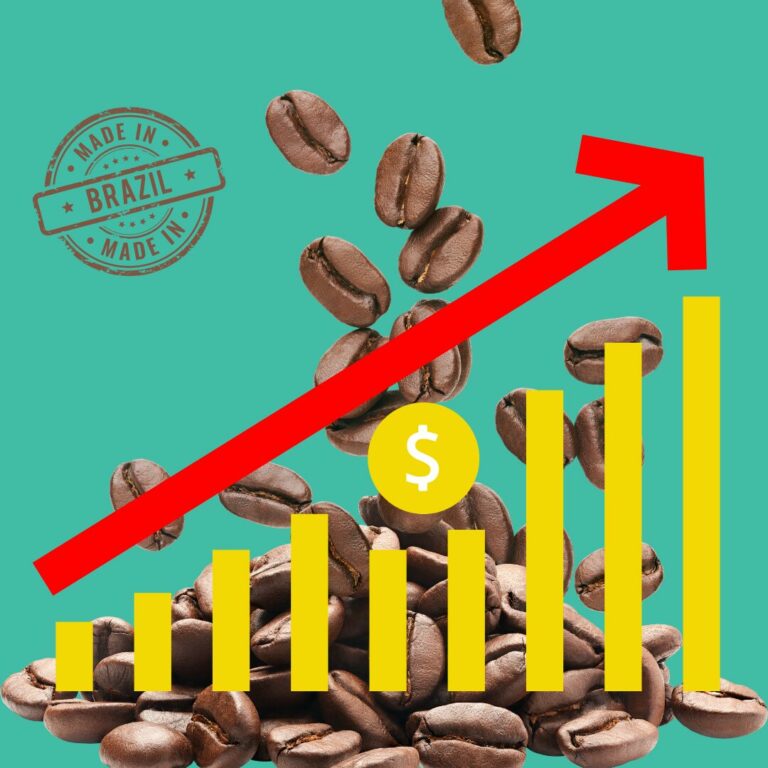Thanks to a consolidated and well-articulated production chain, Brazil, the world’s largest producer and exporter, has become a global leader in sustainable coffee production. The country stands out for its scale and the growing adoption of sustainable practices throughout the chain.
One of the main milestones of this leadership is the significant increase in productivity, around 400% since the 1990s, accompanied by a 55% reduction in the cultivated area. This progress results from continuous investments in research, technological innovation, and technical training, mainly benefiting small producers who form the basis of Brazilian coffee farming.
Another distinguishing feature of Brazil is its strict environmental and labor legislation, contributing to more ethical and sustainable production. However, challenges remain, such as adapting to the new European EUDR regulation, which requires rigorous traceability and proof that exported coffee is not associated with deforestation.
With the rise in socio-environmental awareness and the growing demands of consumer markets, especially in Europe and the United States, sustainability has become a strategic requirement. In 2024, Brazilian coffee exports reached a historic record, with 50.4 million 60 kg bags shipped to 116 countries.
The best practices adopted by Brazilian coffee farming include integrated pest management, conservation of legal reserve areas and Permanent Preservation Areas (APPs), reduced use of pesticides, and incentives for organic production. Certification programs such as Certifica Minas Café ensure the adoption of responsible agricultural practices and guarantee greater transparency and traceability of the product.
Another fundamental pillar of sustainability is the strengthening of coffee communities. Projects that promote the training of small producers, including women and young people in the production chain, and improving working conditions contribute to social sustainability and the continuity of activity in the field.
On the international scene, Brazilian coffee farming has advocated for a greater appreciation of sustainable products. In short, Brazil’s position as a global reference in sustainable coffee results from a combination of technological innovation, socio-environmental commitment, and strategic vision, consolidating the country as a model to be followed in producing high-quality coffee with responsibility and positive impact.



